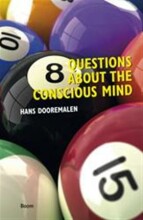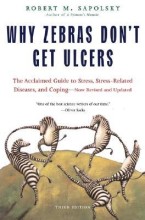Question 7; Is Google Maps part of the conscious mind?
16 important questions on Question 7; Is Google Maps part of the conscious mind?
What is the Frankenstein hypothesis?
What do we mean by a brain in a vat?
What is the main point of the embodied and embedded theory of the mind?
- Higher grades + faster learning
- Never study anything twice
- 100% sure, 100% understanding
What are we talking about when we say that cognition is about having the ability to solve problems?
Which 3 things does the embodied and embedded theory of the mind say about biological organisms?
- That they actually use their brains, bodies and the oudside world to do what in the classical (cognitivist) view is done only inside the (artificial) brain.
- It does not see organisms, their brains and the environment als three separate processes.
- Processing of information does not depend on the manipulation of symbolic representations in accordance with rules.
What does it mean when cognition is embedded?
What is an epistemic action?
What does it mean when the phenomenal experience is embedded?
What is a reductio ad absurdum?
What does it mean that we can have cognitive capacities that cannot become conscious?
What do we need when we consciously solve problems?
To which conclusion seems the emboedied and embedded view of the mind seem to lead?
Why is the Frankenstein hypothesis wrong?
What is the parity principle?
What are the 4 criteria for the extended mind?
- Reliability
- Availability
- Trustworthy
- Easily accesible
What is the difference between mental states that belong to the unconscious mind and unconscious brain states?
The question on the page originate from the summary of the following study material:
- A unique study and practice tool
- Never study anything twice again
- Get the grades you hope for
- 100% sure, 100% understanding































